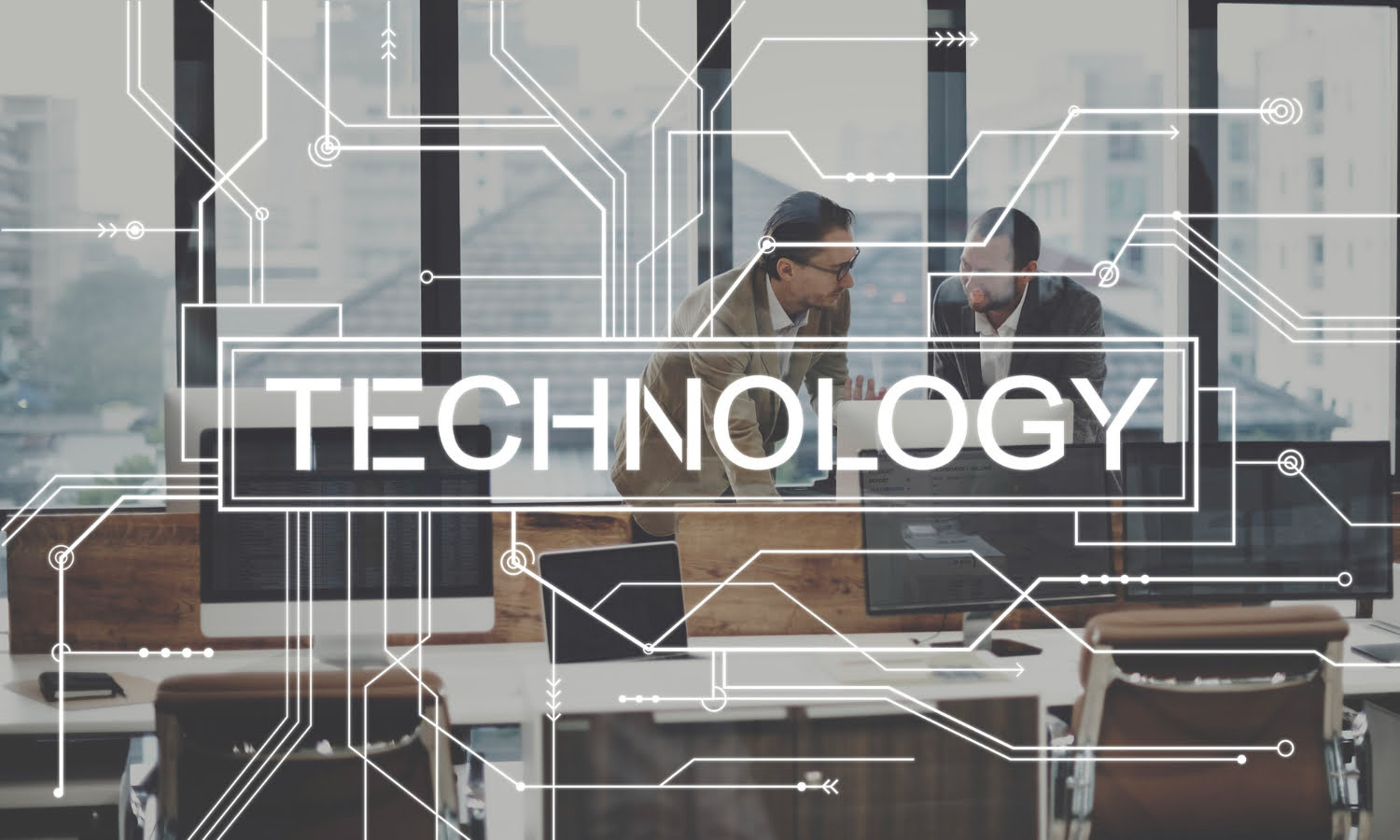The Impact of Artificial Intelligence on Job Market
Artificial Intelligence (AI) is revolutionizing various industries, transforming the way we work, and reshaping the job market. While AI offers numerous benefits, it also poses challenges and raises concerns about job displacement. This article explores the impact of AI on the job market, the opportunities it creates, and the challenges it presents.
Contents
Opportunities Created by AI
AI is driving innovation and efficiency across multiple sectors. Here are some of the opportunities it creates:
- Automation of Repetitive Tasks: AI can automate mundane and repetitive tasks, allowing employees to focus on more complex and creative work. This can lead to increased productivity and job satisfaction.
- New Job Roles: The rise of AI has led to the creation of new job roles such as AI specialists, data scientists, and machine learning engineers. These roles require specialized skills and offer lucrative career opportunities.
- Enhanced Decision Making: AI-powered tools can analyze vast amounts of data to provide insights and support decision-making processes. This can improve business strategies and drive growth.
Challenges and Concerns
Despite the benefits, AI also presents challenges and raises concerns about the future of work:
- Job Displacement: The automation of tasks traditionally performed by humans can lead to job displacement. Workers in certain industries may face unemployment or the need to reskill to remain relevant in the job market.
- Skill Gaps: The rapid advancement of AI technology has created a demand for specialized skills. There is a growing need for education and training programs to equip workers with the skills required for AI-related roles.
- Ethical Considerations: The deployment of AI raises ethical concerns related to privacy, bias, and transparency. Addressing these issues is crucial to ensure the responsible use of AI in the workplace.
The Path Forward
To harness the potential of AI while mitigating its challenges, a collaborative approach is needed. Governments, businesses, and educational institutions must work together to:
- Promote Lifelong Learning: Encouraging continuous learning and reskilling can help workers adapt to the changing job market. Investment in education and training programs is essential to prepare the workforce for AI-driven roles.
- Foster Innovation: Supporting research and development in AI can drive innovation and create new opportunities. Collaborative efforts between industry and academia can accelerate the development of AI technologies.
- Ensure Ethical AI Deployment: Establishing ethical guidelines and regulations for AI deployment can address concerns related to bias, privacy, and transparency. This can build trust and ensure the responsible use of AI in the workplace.
Conclusion
AI is reshaping the job market, offering both opportunities and challenges. By embracing innovation, promoting lifelong learning, and ensuring ethical AI deployment, we can create a future where AI enhances the workforce and drives economic growth. The impact of AI on the job market is significant, but with the right strategies, it can lead to a more productive and inclusive future.
Keywords: artificial intelligence, job market, automation, reskilling, ethical AI


